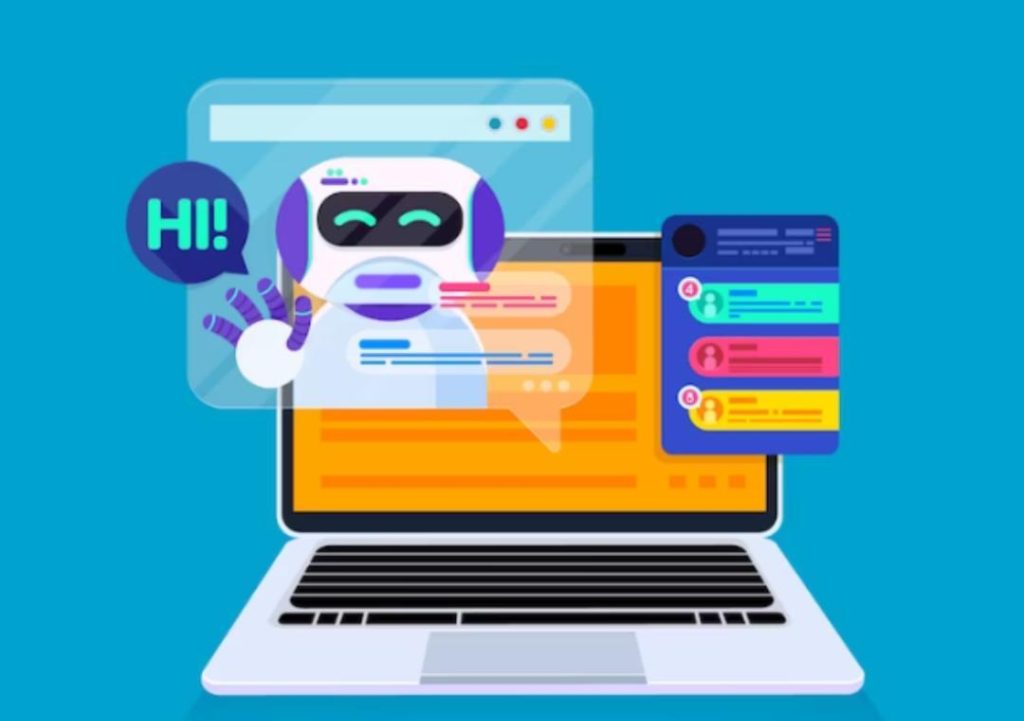
Virtual Assistants & Chatbots Power 24/7 eCommerce Support
In today’s fast-paced online retail landscape, providing exceptional customer support is crucial for driving sales, building loyalty, and maintaining a competitive edge. With the rise of AI-driven chatbots, eCommerce businesses can now offer 24/7 support that’s efficient, accurate, and personalized – giving customers the seamless shopping experience they demand.
The Evolution of Chatbots
Chatbots have been around for a while, but their capabilities have come a long way since their early days. Initially, these bots were limited to simple, scripted interactions, handling basic queries like product information and order tracking. However, with advancements in Natural Language Processing (NLP) and Machine Learning (ML), chatbots have evolved to understand tone, urgency, and context – making them more conversational and human-like.
The Benefits of Chatbots in eCommerce
So, what makes chatbots so effective in eCommerce support? Here are a few key benefits:
- 24/7 Availability: Chatbots can operate around the clock, providing instant support to customers whenever they need it. This is especially crucial during peak shopping seasons or for international customers who may be in different time zones.
- Fast and Accurate Responses: By leveraging AI-powered NLP, chatbots can quickly process and respond to customer inquiries, reducing the time spent waiting for human support agents.
- Scalability: Chatbots can handle a high volume of conversations simultaneously, making them an ideal solution for businesses that experience sudden spikes in traffic or customer queries.
- Personalization: With advanced NLP and sentiment analysis, chatbots can discern a customer’s tone, urgency, and context, allowing them to respond in a more empathetic and personalized manner.
- Cost-Effectiveness: Chatbots can significantly reduce the workload of human support agents, freeing them up to focus on more complex, high-value tasks.
Use Cases for Chatbots in eCommerce
Chatbots are versatile and can be applied to various aspects of eCommerce support. Here are some common use cases:
- FAQs and Product Information: Chatbots can quickly provide answers to frequently asked questions, product details, and specifications, freeing up human support agents for more complex inquiries.
- Order Tracking and Status Updates: Chatbots can keep customers informed about their order status, providing updates on shipment, delivery, and any issues that may arise.
- Returns and Refunds: Chatbots can guide customers through the returns process, answering questions and providing clear instructions on how to initiate a return or request a refund.
- Product Recommendations: Chatbots can suggest related products or offers based on a customer’s browsing or purchasing history, enhancing their shopping experience.
- Issue Resolution: Chatbots can troubleshoot common issues, such as password resets, login problems, or payment issues, saving customers time and reducing the need for human intervention.
Best Practices for Implementing Chatbots
To ensure a seamless and successful implementation of chatbots in your eCommerce business, follow these best practices:
- Define Clear Goals: Determine the specific goals and objectives you want to achieve with your chatbot, such as reducing support tickets or increasing customer satisfaction.
- Conduct Thorough Training: Train your chatbot on a large dataset of customer interactions, product information, and FAQs to ensure it can accurately respond to a wide range of queries.
- Monitor and Analyze Performance: Continuously monitor your chatbot’s performance, tracking metrics like response time, accuracy, and customer satisfaction to identify areas for improvement.
- Integrate with Other Systems: Ensure seamless integration with your existing systems, such as CRM, ERP, and order management software, to provide a unified customer experience.
- Human Oversight: Have human support agents available to step in and resolve more complex issues, ensuring that customers receive the help they need when they need it.
The Future of Chatbots in eCommerce
As AI technology continues to evolve, we can expect chatbots to become even more sophisticated and effective in eCommerce support. Some potential advancements include:
- Advanced Sentiment Analysis: Chatbots will be able to better understand and respond to customer emotions, empathizing with their concerns and providing more personalized support.
- Increased Integration: Chatbots will be integrated with other technologies, such as virtual and augmented reality, to provide immersive and interactive customer experiences.
- Autonomous Resolution: Chatbots will be able to autonomously resolve a larger percentage of customer issues, reducing the need for human intervention and increasing efficiency.
Conclusion
In conclusion, virtual assistants and chatbots are revolutionizing customer support in eCommerce, providing fast, accurate, and personalized responses 24/7. By leveraging AI-powered NLP and sentiment analysis, chatbots can understand tone, urgency, and context, making the shopping experience feel human. For businesses, this means fewer support tickets, faster resolutions, and happier customers – a winning combination for driving growth and success in the competitive world of eCommerce.
Source:






